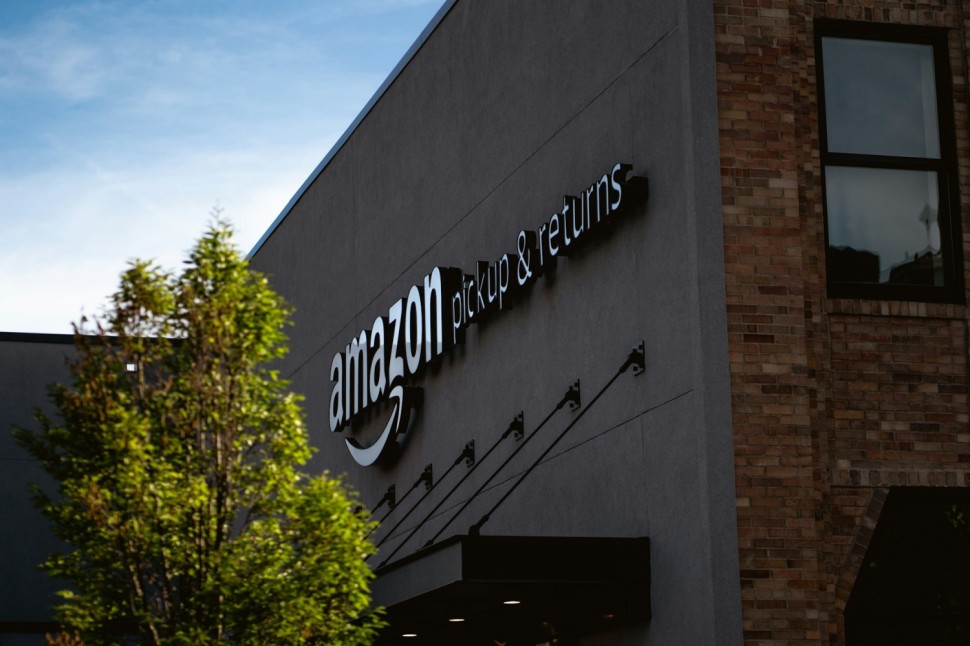Amazon Hit With Hefty Fine for Labor Violations
Retail giant Amazon has recently come under fire for a significant breach of labor laws in California. The company is facing a $5.9 million penalty. This fine is for allegedly committing upwards of 59,000 infractions. California's labor regulator has deemed these actions contravening the state's Warehouse Quotas legislation.

Details of the Labor Law Violations
The infringement pertains to mandatory quota disclosures. These are required by the Warehouse Quotas law, which took effect in 2022. Employers must provide workers and government bodies with details about productivity quotas. Additionally, the law outlines potential repercussions for not adhering to said quotas.
The labor authority scrutinized two of Amazon's warehouses, Moreno Valley and Redlands, both east of Los Angeles. Findings indicated the absence of written notification of quotas to employees. With a staggering 59,017 alleged violations, Amazon's labor practices have been brought into question.
Impact on Warehouse Workers
Amazon's internal processes have been a subject of contention among its workforce. Warehouse workers have specifically expressed concerns about the pressing quotas. Critics argue that these demands can lead to an unsafe working environment. Indeed, the Warehouse Quotas law prohibits the enforcement of dangerous quotas. Such quotas may prevent employees from taking legally required meal and rest breaks. They might also deny them the opportunity to use restrooms.
Amazon's Response and Defense
Meanwhile, Amazon counters the claims by denying reliance on fixed quotas. Instead, the company speaks of a peer-to-peer evaluation system. This measures individual employees' output compared to the entire team's productivity at a given site. Maureen Lynch Vogel, an Amazon spokesperson, asserts the company's stance and mentions their appeal. According to Vogel, the company's policy is rooted in long-term performance evaluations.
Scrutiny Over Working Conditions
Amazon has faced scrutiny over its treatment of warehouse and delivery employees. The pressure is not new. Regulatory bodies and advocacy groups have pinpointed the work pace requirements as a significant issue. They believe it increases the risk of workplace injuries. Washington's safety regulators previously imposed fines on Amazon for comparable safety violations.
Concerns over Amazon's warehouse operations extend beyond California. Several states have enacted similar laws to combat unsafe labor practices, and a federal bill to address the same issues was also introduced last month. This shows a growing acknowledgment of the challenges warehouse workers face nationwide.
Investments in Worker Safety
Despite the ongoing controversies, Amazon maintains that it has made strides in improving workplace safety. The company plans to invest over $750 million in safety initiatives within the year. As the company posits, these actions should bring substantial progress in reducing injury rates.
Economic Impact and Legal Actions
The fines imposed on Amazon highlight the economic costs of failing to adhere to labor laws. A $5.9 million fine is not negligible. While Amazon disputes the violations and proceeds with legal action, the situation raises critical questions. How can large corporations ensure compliance with labor standards? How can worker safety be prioritized in the relentless pursuit of efficiency?
The ongoing saga between Amazon and regulatory authorities continues. It underscores the delicate balance between productivity demands and the rights of workers. With substantial financial penalties and legal challenges on the line, Amazon's quota practices have sparked a conversation. It is about ethical labor standards in the high-speed world of logistics and retail.




